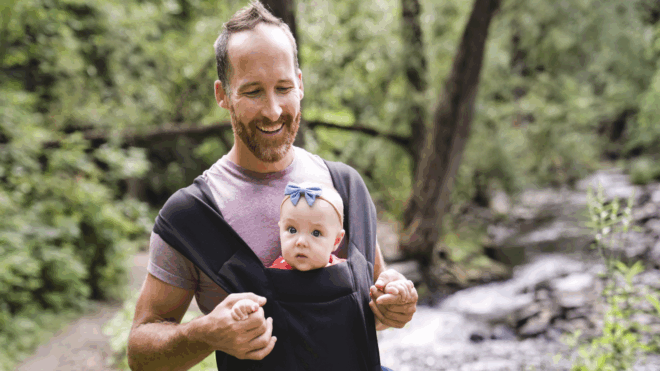
Not All Disabilities Are the Same

A wheelchair signals a disability without anyone having to say a word. But 74 percent of Americans who live with a severe disability don't rely on that kind of aid—and their often-invisible disabilities are harder for people to recognize and respect. Autism spectrum disorders, sensory-processing issues, diabetes, and even severe asthma and debilitating allergies are a daily challenge—for kids, especially—and don't always elicit kind reactions from strangers in a new place.
How do you manage travel when your child's disability isn't as clear? Here are some lessons learned.
There’s No Such Thing as Over-Communication
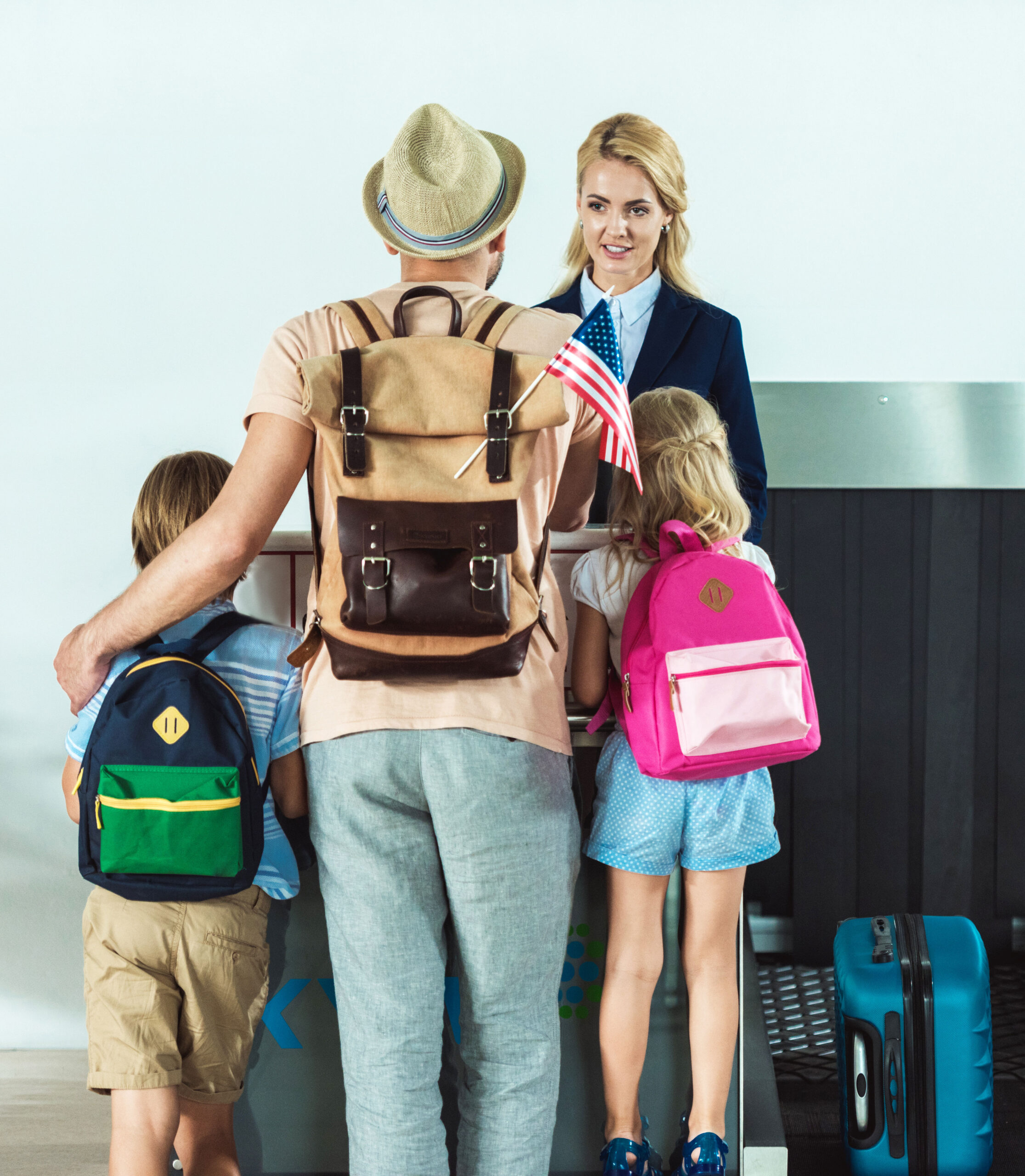
Stephen Thomas' eldest son has a rare genetic syndrome that has required various types of assistance. As an experienced traveler, Thomas has this advice: "What I find helps best is to communicate your family's needs to basically everyone: ticketing agents, TSA, gate agents and flight attendants. Remind them as needed during your trip. You might need to explain why you need something extra beyond the regular allowances—like why we have 20 pouches of baby food, or why we have a pump, feeding bags and syringes."
Discuss Everything Beforehand
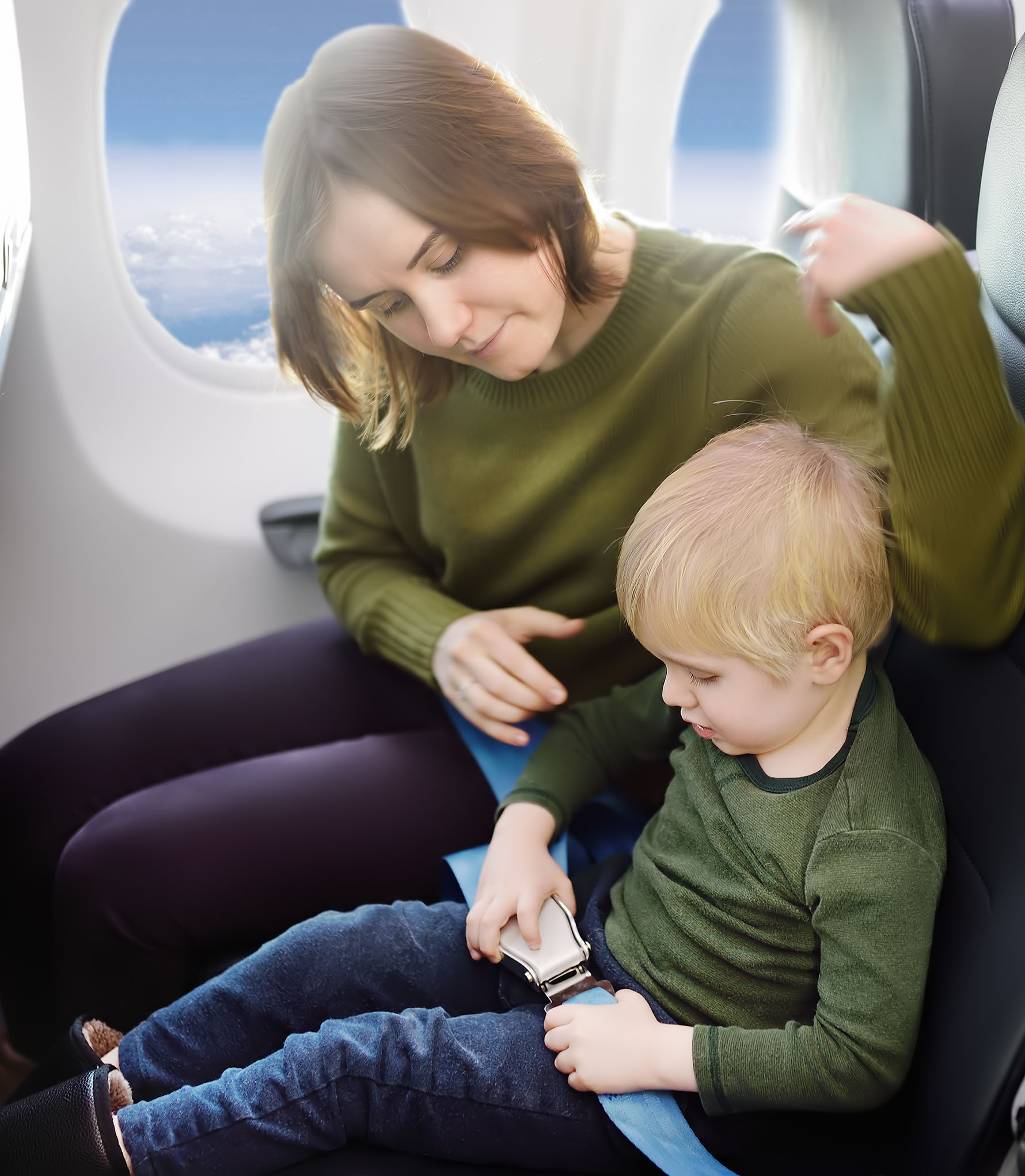
"Every day of our lives is discussed and detailed with our son before ever occurring," writes Anna Christine. (Her son has high-functioning autism.)
Take a Test Run
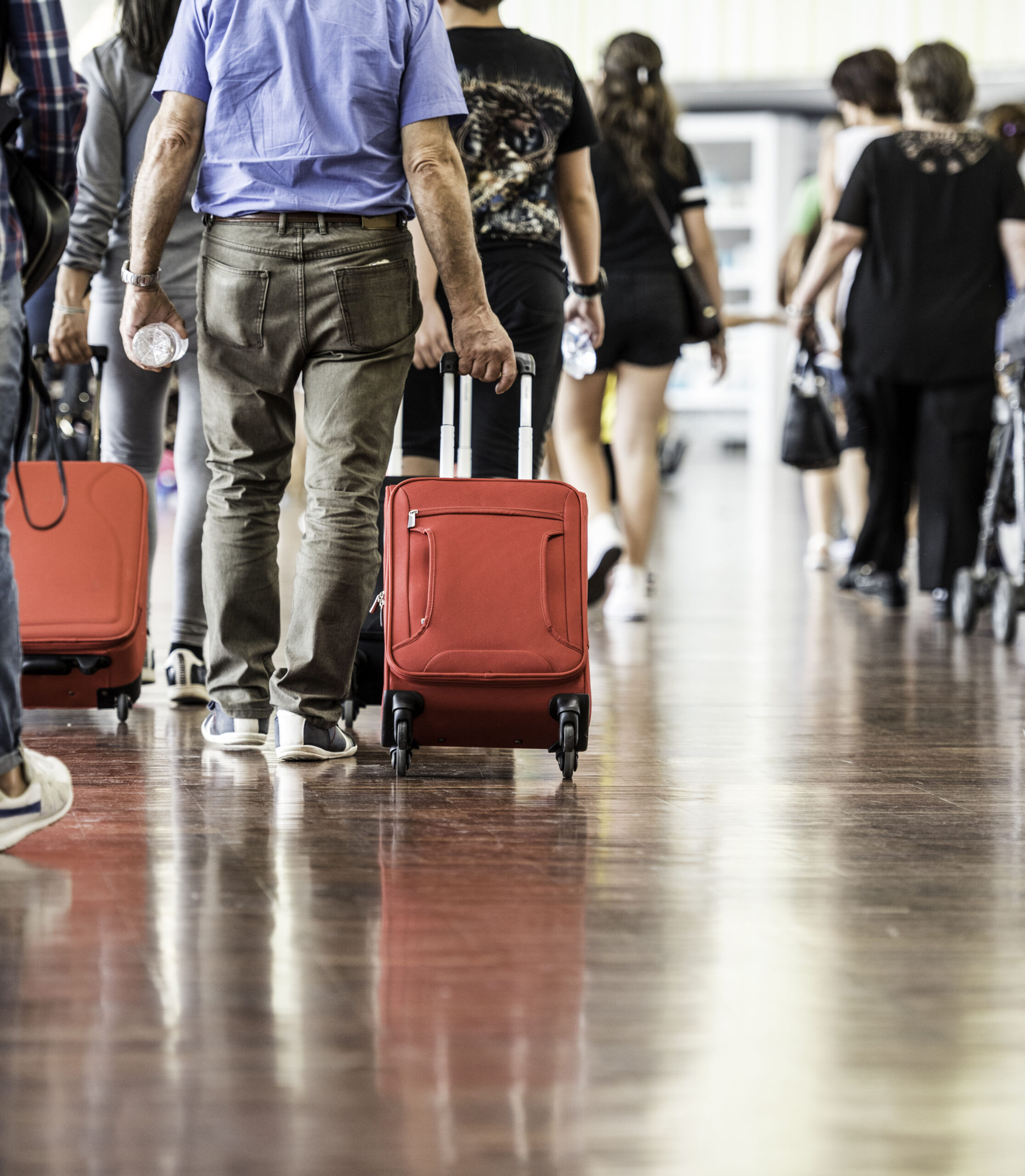
Increasingly, airports will let families traveling with children with autism visit the airport before a flight, to get used to the experience—which can really make a difference for kids on the spectrum. "Mock boarding" experiences, reports the New York Times, "[allow] them to practice buying tickets, walk through security lines and strap themselves into a plane that never leaves the gate."
Know That You Might Be Judged at the Gate

The "invisible" part of an invisible disability often comes into play when someone questions why your child or family is getting "special" treatment. A woman named Jade tells the story of pre-boarding with her 7-year-old son, who has autism. Another woman on the flight said, "Look at that mother up there with that little blond kid. Who does she think she is? There isn't a thing wrong with that child!"
Always Have Something to Say
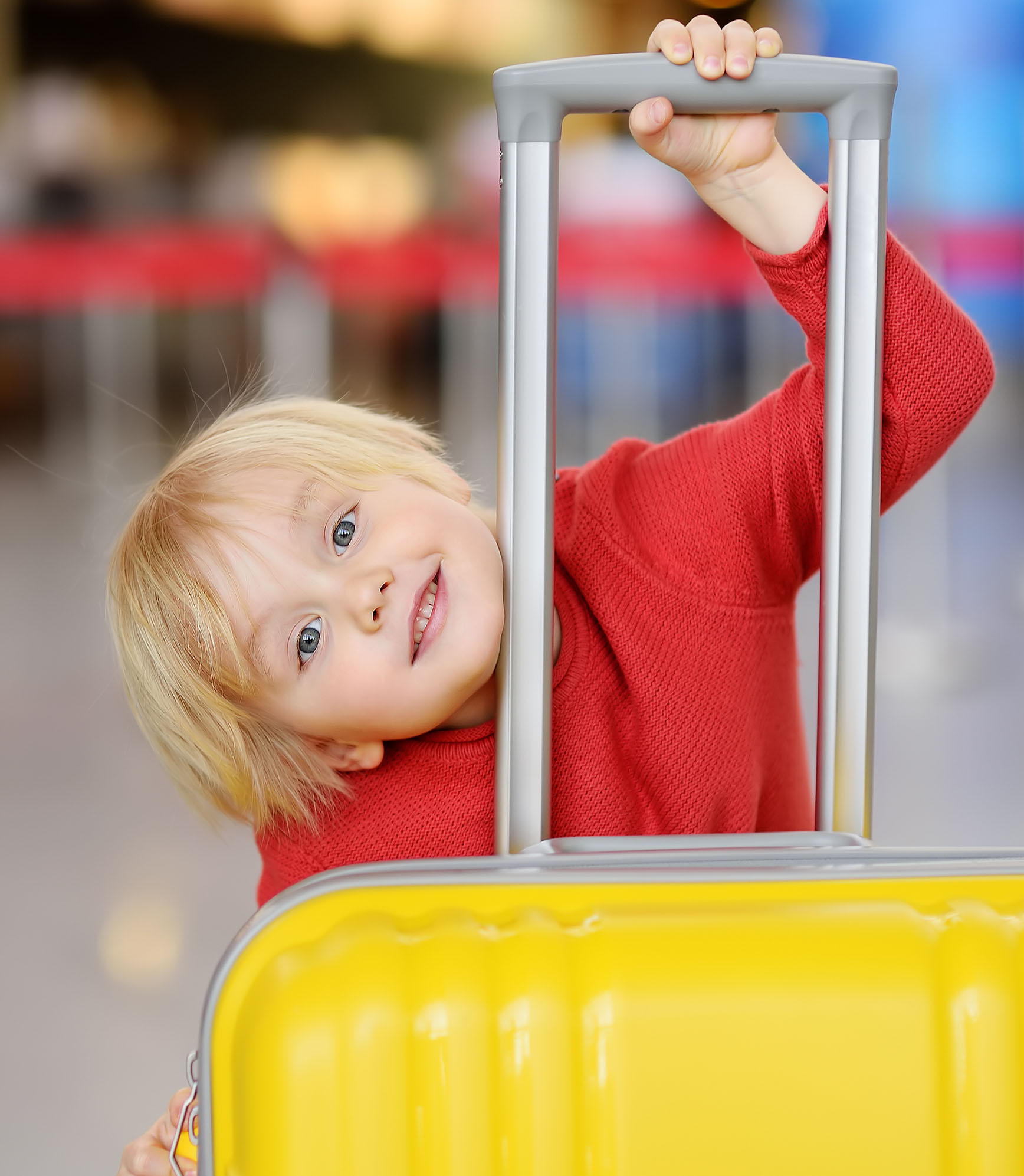
The Pacer Center, a resource for parents of kids with disabilities, advises parents to have a simple, positive "just in case" line to say to defuse these kinds of tense situations, where strangers doubt your need for "special treatment." One example: "Our child is wonderful … but as a result of his disability, he has a lot of needs that aren't always obvious. Thanks for your patience."
Carry Evidence

Friendship Circle, a nonprofit organization that supports kids with special needs, suggests parents bring a doctor's note. "Ask your doctor for a letter describing your child's condition especially if your child has an invisible condition such as autism or Tourette's syndrome. Additionally a doctor's letter is a great reinforcer when asking for special accommodations such as an upgrade or change of seats."
Celebrate Your Victories

Travel can be a challenge for families with children, regardless of ability—and each leap forward deserves acknowledgement. As Christine writes, "Every single time he pushes his comfort zone a little further or figures out a new way to expand his schema of the world, we celebrate big."
Book Somewhere With a Kitchen

Karen R., of Texas, has traveled the world with her three children, the eldest of whom has a constellation of invisible disabilities, including sensory, pain and eating disorders, as well as severe asthma and debilitating food allergies. One thing that helps make it all possible? Having a kitchen. "It makes a huge difference in terms of eating disorders and allergies. We have access to food we know is safe, and a lot of control."
Some Trips Are Going to Be Easier Than Others
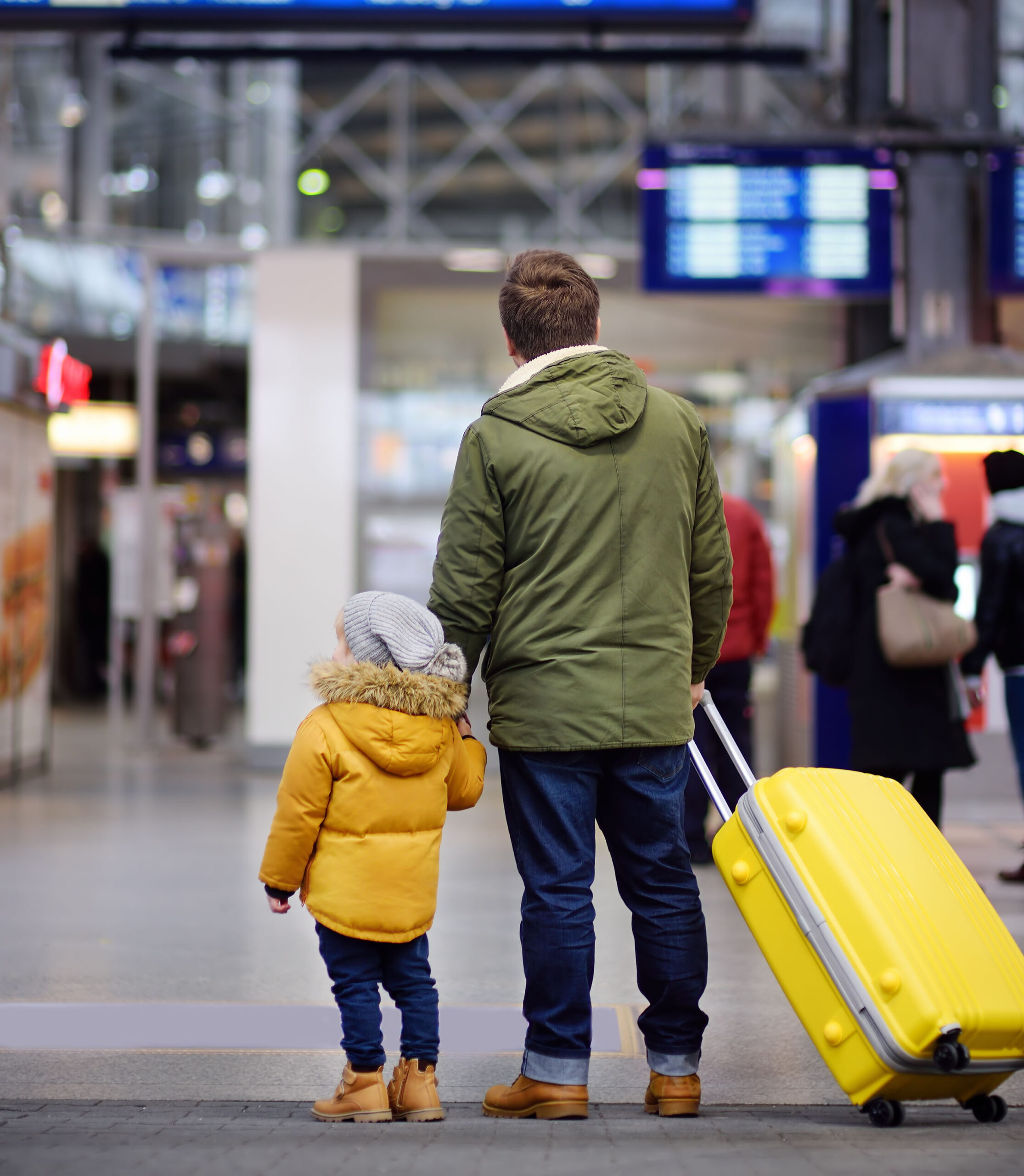
Perhaps navigating TSA, a busy airport and spending hours on a plane simply doesn't work. Or maybe car rides more than four hours aren't in the cards. How about a cruise? A train? Or a trip closer to home? Each disability might determine a different way of traveling—and that's fine.
Try Vacations Where Special Needs Are the Point
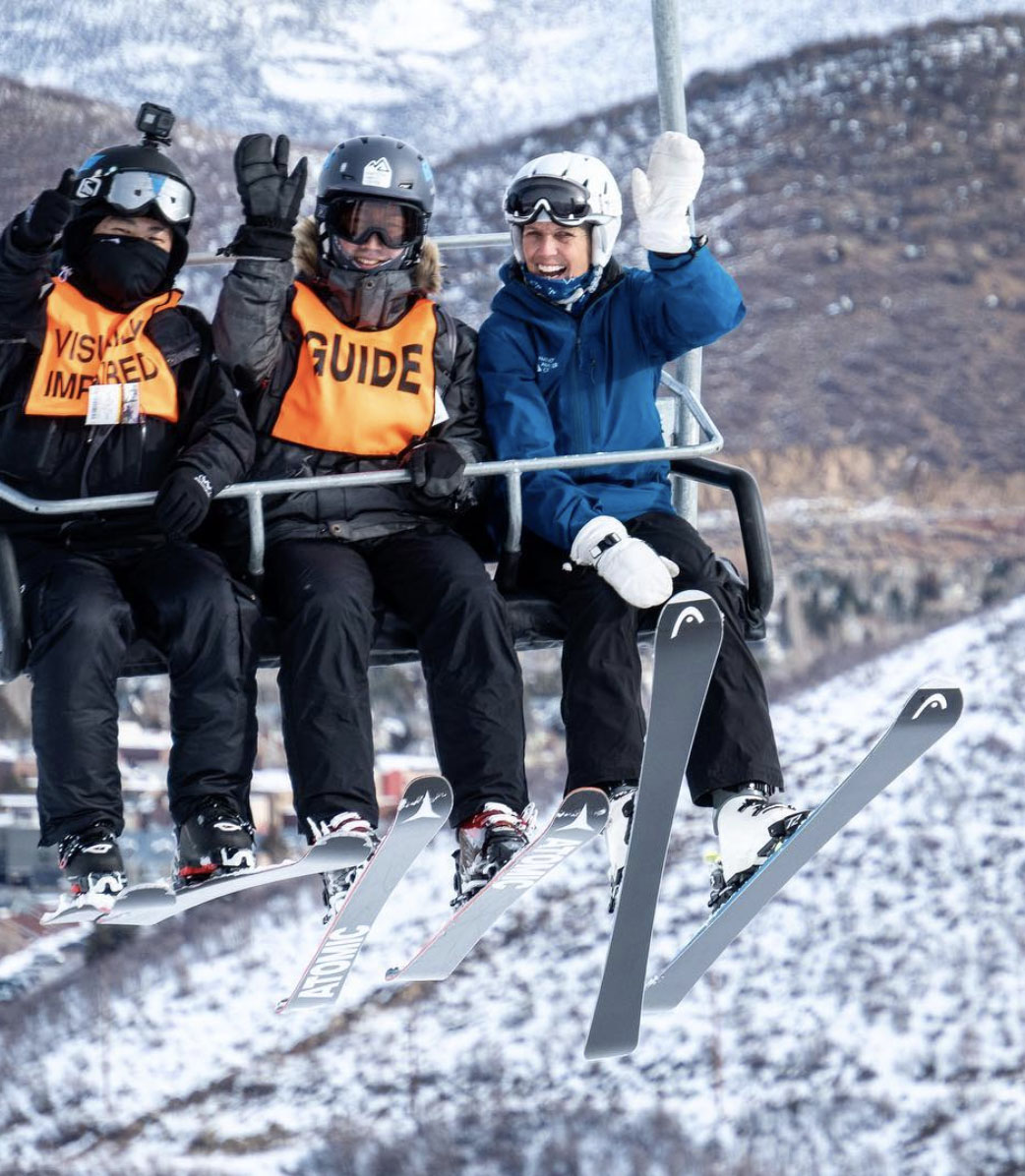
Part of what makes traveling with an invisible disability so exhausting is that, too often, the people around you simply do not understand. One way to mitigate that is to choose trips where you're all in the same boat—if not literally, as is the case with groups like Autism on the Seas, then figuratively, like the National Ability Center in Park City, Utah.
Image courtesy @nationalabilitycenter
A Little Kindness Goes a Long Way
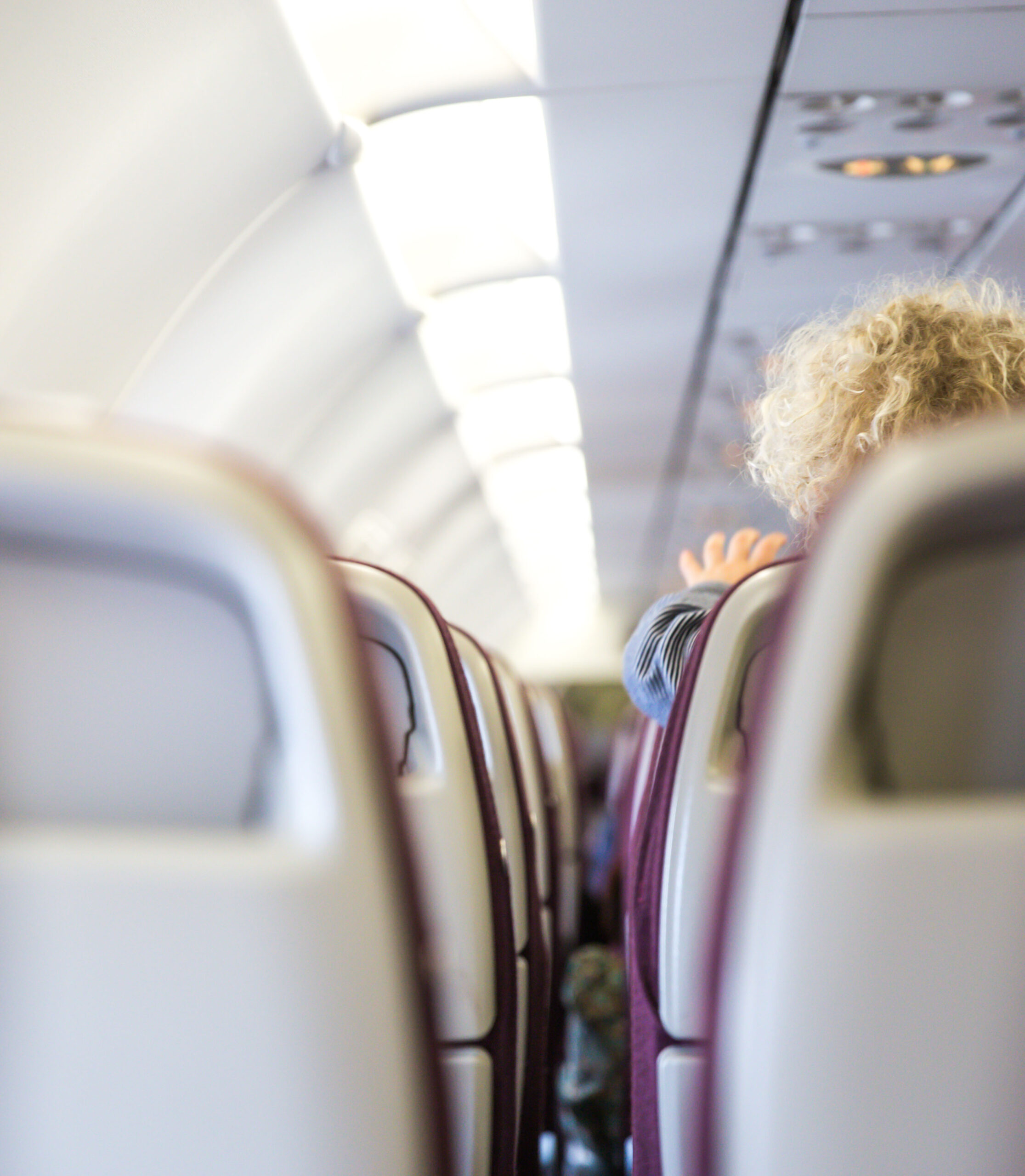
While other people can make travel harder, they can, in some instances make it easier. "It's wearing, having an invisible disability. It's exhausting," says Karen R. "So, for me, it's the little kindnesses. When someone recognizes that you have a need, because you're telling them you have a need, and then they honor and validate it, that has absolutely brought me to tears."
The World Is Waiting

Similarly, because of growing awareness, some of the hurdles of the past are not as high. Meghann Harris is a freelance travel writer who has one daughter with Rett syndrome, a brain disorder. She told U.S. News and World Report, "I've found that there is no need to fear being on the road with our kids because the world is really ready for them, and that has not always been the case."

